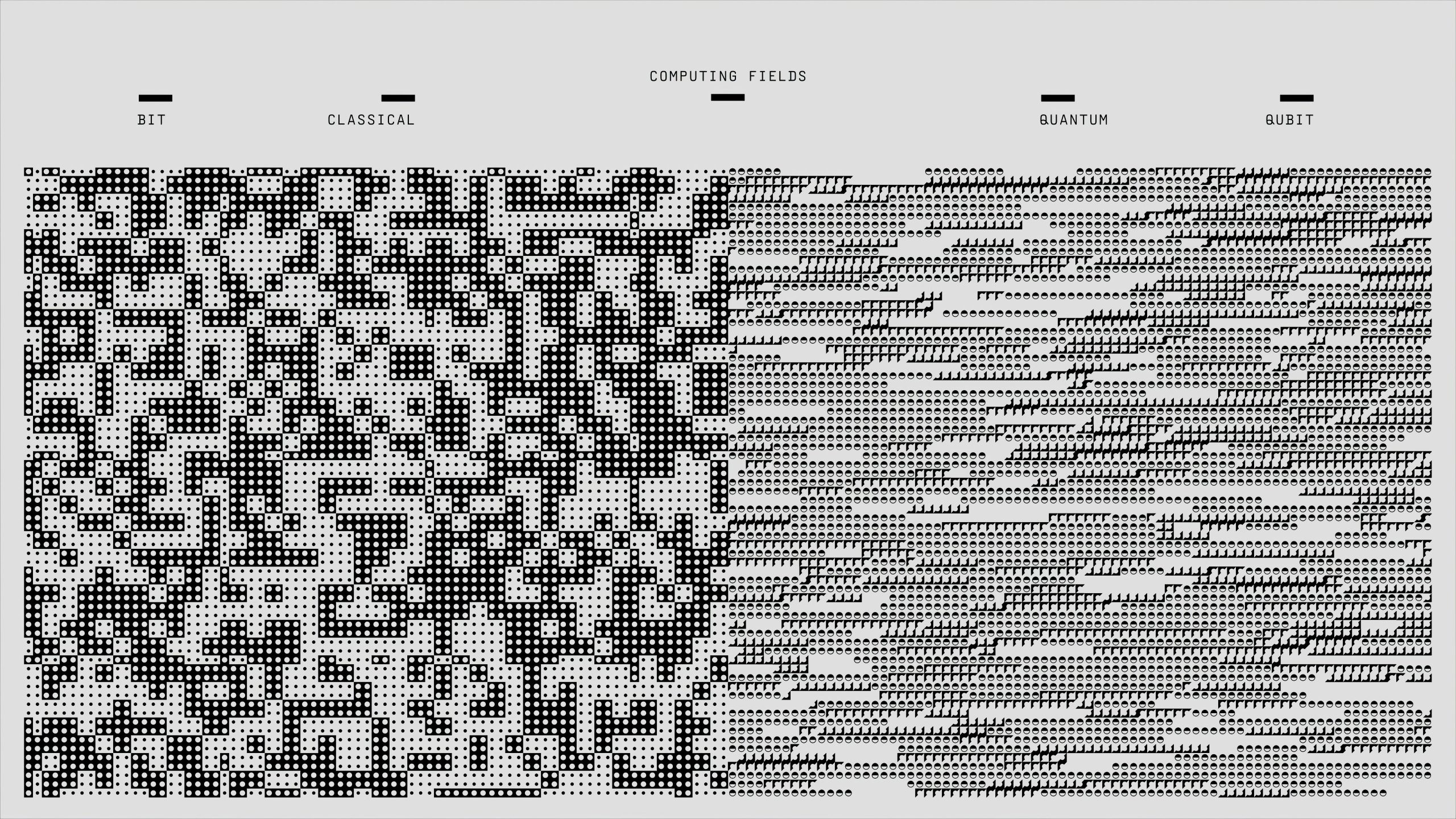The world of computing is on the brink of a revolution, and quantum computing is at the forefront of this transformation. By 2025, quantum computers are expected to redefine how we process data, offering unprecedented speed and efficiency compared to classical computing. Unlike traditional binary systems, quantum computing leverages the principles of quantum mechanics—superposition and entanglement—to perform complex calculations in seconds that would take conventional computers years. This leap in processing power will unlock new possibilities in fields like artificial intelligence, cryptography, healthcare, and logistics. In this article, we explore how quantum computing will reshape data processing in 2025 and beyond.
Understanding Quantum Computing: A Brief Overview
Quantum computing operates on quantum bits, or qubits, which differ fundamentally from classical bits. While classical bits can only be in a state of 0 or 1, qubits can exist in multiple states simultaneously due to superposition. This allows quantum computers to process vast amounts of data in parallel, drastically reducing computation time. Additionally, entanglement—a phenomenon where qubits become interconnected—enables instantaneous communication between them, further enhancing processing capabilities.
By 2025, advancements in quantum hardware and error correction are expected to make these machines more stable and commercially viable. Companies like IBM, Google, and startups like Rigetti are racing to build scalable quantum systems that can tackle real-world problems. The implications for data processing are profound, as industries will be able to analyze and interpret data at speeds previously unimaginable.
Quantum Computing in Artificial Intelligence and Machine Learning
One of the most exciting applications of quantum computing in 2025 will be its integration with artificial intelligence (AI) and machine learning (ML). Traditional AI models require massive datasets and extensive training periods, often limited by classical computing power. Quantum computers, however, can process and analyze these datasets exponentially faster, enabling more sophisticated AI algorithms.
For example, quantum-enhanced machine learning models could revolutionize industries like healthcare by accelerating drug discovery and personalized medicine. Financial institutions could leverage quantum AI to predict market trends with higher accuracy, while logistics companies could optimize supply chains in real-time. The synergy between quantum computing and AI will unlock new frontiers in automation and decision-making, making systems smarter and more efficient.
Breaking Cryptographic Barriers with Quantum Computing
While quantum computing offers immense benefits, it also poses significant challenges, particularly in cybersecurity. Current encryption methods, such as RSA and ECC, rely on the difficulty of factoring large numbers—a task that quantum computers can solve effortlessly using algorithms like Shor’s algorithm. By 2025, this could render traditional encryption obsolete, necessitating the development of quantum-resistant cryptography.
Governments and enterprises are already investing in post-quantum cryptography to safeguard sensitive data. Quantum key distribution (QKD) is another emerging solution, leveraging quantum mechanics to create unhackable communication channels. As quantum computing matures, the race to secure digital infrastructure will intensify, reshaping the cybersecurity landscape.
Quantum Computing in Healthcare and Scientific Research
The healthcare sector stands to gain immensely from quantum computing in 2025. Complex simulations, such as protein folding and molecular modeling, are currently constrained by classical computing limitations. Quantum computers can perform these simulations with unparalleled precision, accelerating breakthroughs in drug development and disease treatment.
Similarly, scientific research in fields like climate modeling and materials science will benefit from quantum-enhanced data processing. Researchers will be able to analyze vast datasets and simulate scenarios with higher accuracy, leading to faster discoveries and innovations. The ability to process and interpret complex data in real-time will transform how we approach global challenges.
The Challenges and Limitations of Quantum Computing in 2025
Despite its potential, quantum computing still faces hurdles before it becomes mainstream in 2025. One major challenge is quantum decoherence, where qubits lose their quantum state due to environmental interference. Error correction techniques are being developed, but they require additional qubits, increasing system complexity and cost.
Another limitation is the current lack of standardized programming languages and frameworks for quantum computing. While progress is being made, widespread adoption will depend on making quantum systems accessible to developers and businesses. Additionally, the high cost of quantum hardware may restrict early adoption to well-funded organizations.
Conclusion
Quantum computing is poised to revolutionize data processing by 2025, offering unparalleled speed and efficiency across industries. From accelerating AI and machine learning to transforming healthcare and cybersecurity, the potential applications are vast. However, challenges such as decoherence, error correction, and accessibility must be addressed to fully realize this technology’s promise. As research and development continue, quantum computing will undoubtedly play a pivotal role in shaping the future of faster and smarter data processing.
